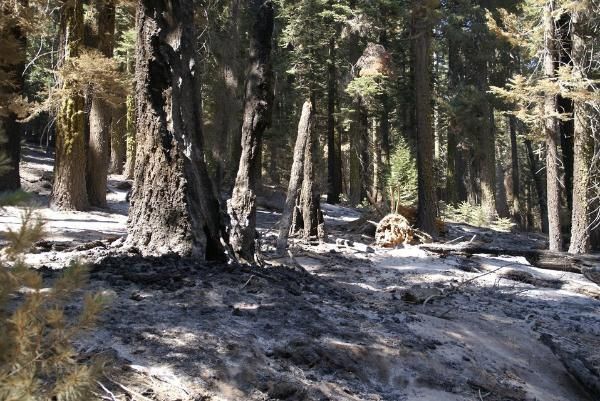An international study has revealed new evidence to help understand the consequences of habitat loss on natural communities.
The research, co-authored by Swansea University’s Dr Miguel Lurgi, shows the specific ways in which human activities destroy habitat is a key factor to understanding the effects of such destruction on the stability and functioning of biological communities.
The paper, published in scientific journal Nature Communications, asks whether putting the focus solely on species diversity may overlook other facets of the way biological communities respond to habitat destruction.
Daniel Montoya, researcher at the Theoretical and Experimental Ecology Station in Moulis, France, also a co-author, said: “Ecologists and practitioners tend to assess the impact of human activities on biodiversity by measuring the extinction rates of species.
“However, biodiversity comprises elements other than single species, such as the interactions between species and their stability over time and space.
Read more at Swansea University
Image: The specific ways in which human activities destroy habitat is a key factor to understanding the effects of such destruction on the stability and functioning of biological communities. (Credit: Louis Haynes)


